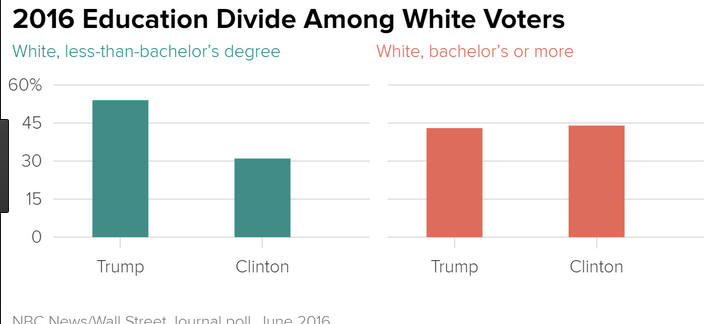At their annual conference in New Orleans this month, polling experts were inching toward the latter, more optimistic explanation. And there is mounting evidence to support their view.
At least three key types of error have emerged as likely contributors to the pro-Clinton bias in pre-election surveys. Undecided voters broke for Mr. Trump in the final days of the race, or in the voting booth. Turnout among Mr. Trump’s supporters was somewhat higher than expected. And state polls, in particular, understated Mr. Trump’s support in the decisive Rust Belt region, in part because those surveys did not adjust for the educational composition of the electorate — a key to the 2016 race.
Some of these errors will be easier to fix than others. But all of them seem to be good news for pollsters and others who depend on political surveys.
It might seem strange to argue that the polls could miss the result of an election and could still be trusted in the future. But there are some kinds of polling errors that pollsters can accept, even if the public never will.




